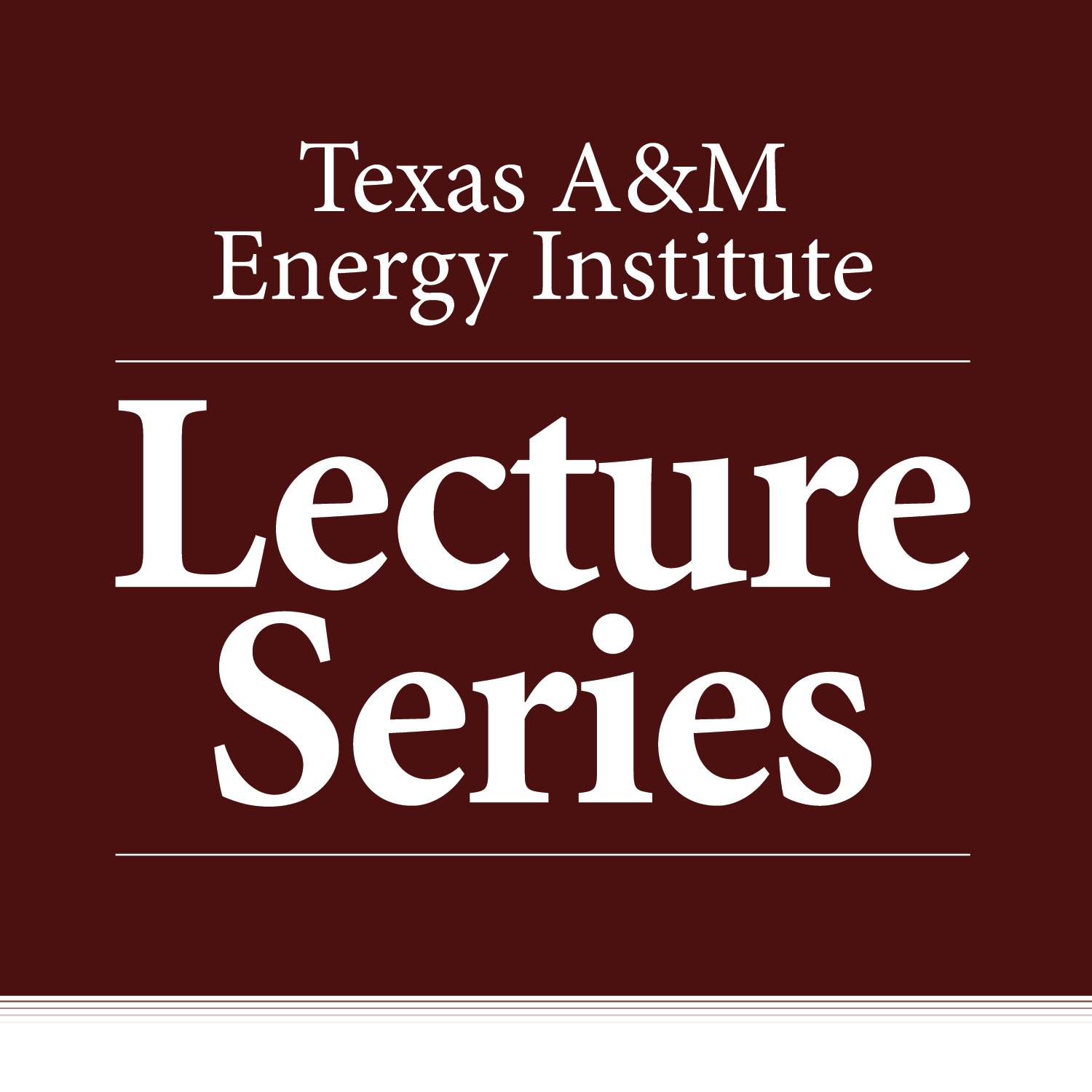
“Carboxylate Platform: Chemicals and Fuels from Biomass”
The next presentation in the Texas A&M Energy Institute Lecture Series, featuring Dr. Mark Holtzapple, Professor in the Artie McFerrin Department of Chemical Engineering at Texas A&M University, will be held on Wednesday, April 19, 2017 from 3:30 – 5:00 p.m. in Rudder Tower 501. The topic will be “Carboxylate Platform: Chemicals and Fuels from Biomass.”
Abstract
The carboxylate platform biologically converts biomass into carboxylic acids (e.g., acetic acid) and chemically transforms them into industrial chemicals (e.g., ketones) and fuels (e.g., gasoline).
The biological conversion can employ extracellular enzymes and acetogenic microorganisms (e.g., Clostridium thermoaceticum) using mono-culture fermentations; however, this approach is expensive because of the need to purchase enzymes and employ sterile operating conditions.
In contrast, methane-inhibited anaerobic digestion employs mixed cultures without the need for enzyme addition or sterile operating conditions. Furthermore, because so many biological components are digested, nearly complete biomass digestion is possible and a wider range of feedstocks can be employed. In the near term, waste materials (e.g., municipal solid waste, sewage sludge, manure, agricultural residues) will be converted to high-value industrial chemicals. Once the chemical markets become saturated, wastes will be converted to fuels.
When wastes are no longer available, purpose-grown energy crops can be converted to fuels (i.e., gasoline, jet fuel) at an estimated minimum selling price of $1.76 to $2.56/gallon hydrocarbon. This commercialization strategy allows the carboxylate platform to scale up without the need for government subsidies.
Biography
Mark Holtzapple received his chemical engineering degrees from Cornell University (B.S., 1978) and the University of Pennsylvania (Ph.D., 1981).
After his formal education, he served as a captain in the US Army Natick R&D Center and worked on a miniature air conditioner for soldiers wearing chemical protective clothing.
In 1986, he joined the faculty in the Department of Chemical Engineering at Texas A&M University. He has received many awards for teaching and research, including the Presidential Green Chemistry Challenge Award from the president and vice president of the United States.
His research focuses on sustainability including conversion of waste biomass to fuels, chemicals, and animal feed; high-efficiency engines and air conditioners; conversion of waste heat to electricity; high-torque electric motors; and water desalination.

